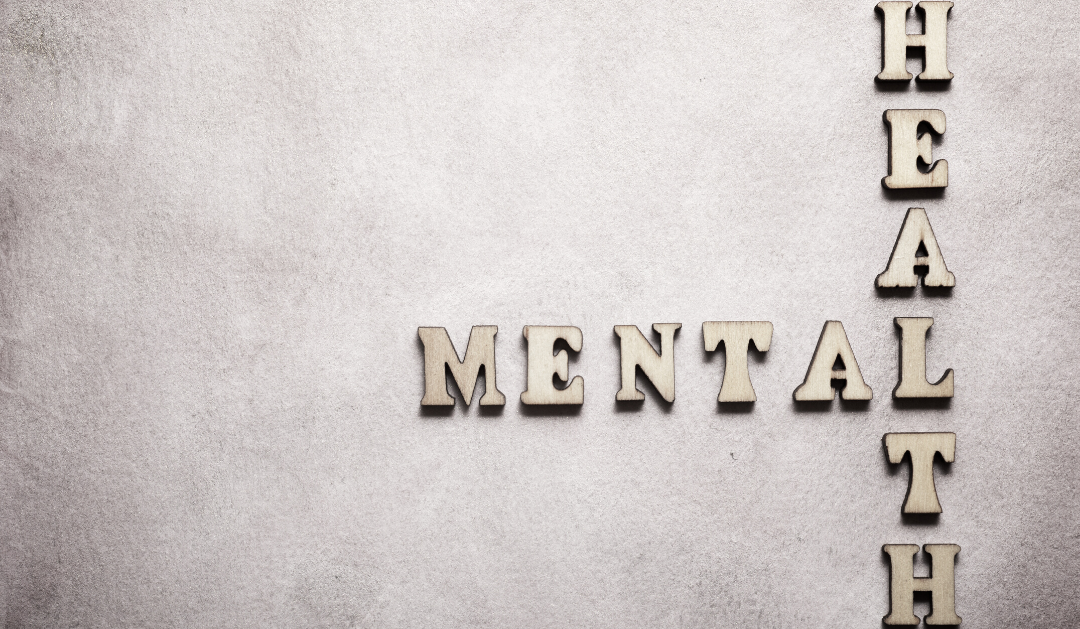Since Split.fyi shares marketing strategies and value-added services, our content may contain affiliate links for products and services that we use, love, find trustworthy, and highly recommend. If you take action by pressing one of these links and make a purchase, we will earn some coffee money, which we will gratefully drink while hosting our coffee mornings with you. ☕️
Next to the death of a loved one, divorce is the most traumatic experience you can go through- which is why it’s so important to take care of your mental health when you’re going through one. When you are so consumed with the legal aspects of a divorce, it can be difficult to focus on yourself, but neglecting your mental health will only make everything else surrounding your divorce harder. Here are 5 ways to protect your mental health during a divorce.
1. Allow yourself to feel the emotions
You can’t heal it if you don’t feel it. Pushing your feelings aside will only prolong the inevitable. You don’t want the healing process to take place years down the road when you’re already settled into your new life. Let it happen now so you can fully move on. When those emotions start to feel overwhelming, give yourself some grace. Divorce is hard. There is no way to sugarcoat that, and pretending that it’s not isn’t fair to you.
2. Surround yourself with plenty of support
You don’t have to go through your divorce alone. There are so many therapists who are trained to help get you through this time in your life. There are also support groups and communities you can join- including our divorce portal: splitfyi.com. It helps when the people you are leaning on have been through a divorce or separation themselves. While family and friends can also be a support, be careful who you lean on, as their heart may be in the right place but they may not fully grasp the magnitude of what you’re going through.
3. Get as organized as possible
When you go from one household to two, things can get a little crazy- especially if you have kids. Managing life as a single parent is not easy, but there are ways you can make things a little less stressful. Technology is your friend when it comes to organization. There are wonderful apps for co-parenting families, including DComply, OurFamilyWizard, and 2Houses. Reducing the number of things you need to keep track of does wonders for your mental health. They can keep track of things like:
- Parenting schedules
- Shared expenses/child support payments
- Messages between you and your co-parent
- Medical information
- Other important documents
4. Take care of your physical health
Physical and mental health go hand-in-hand. When one is suffering, the other usually follows. Eating a healthy diet, exercising regularly, and getting a good amount of sleep can really help your mental health. Exercise releases endorphins that can really boost your mood, and it has even been known to improve the symptoms of anxiety and depression. You don’t even need to join a gym to benefit from exercise. Oftentimes, something as simple as a brisk walk outside can change your entire day around.
5. Pick your battles
The number of people that get divorced yet still continue to argue with their former spouse every day is staggering. One of the benefits of getting a divorce is that you get to walk away when your ex is being unreasonable. You can allow yourself time to cool down in your own space before responding in a way that might escalate the argument. Practicing the BIFF Response Method, created by Bill Eddy, LCSW, can also be of great benefit. BIFF stands for:
- Brief – usually no more than a paragraph is needed
- Informative – stick to the facts of this particular situation
- Friendly – a simple hello before you continue your response can go a long way
- Firm – reiterate your stance on the issue in a non-condescending way
You no longer have to show up to every fight you’re invited to. While you can’t control how your ex behaves, you can control your response to their behavior- and protect your mental health in the process.
It’s no secret that divorce can do a number on your mental health, but there are ways you can take control of the situation and not let it set you back months- or even years- in the healing process. Recognizing that your mental health is a priority, right up there with which attorney you choose to represent you is the first step in protecting yourself.
